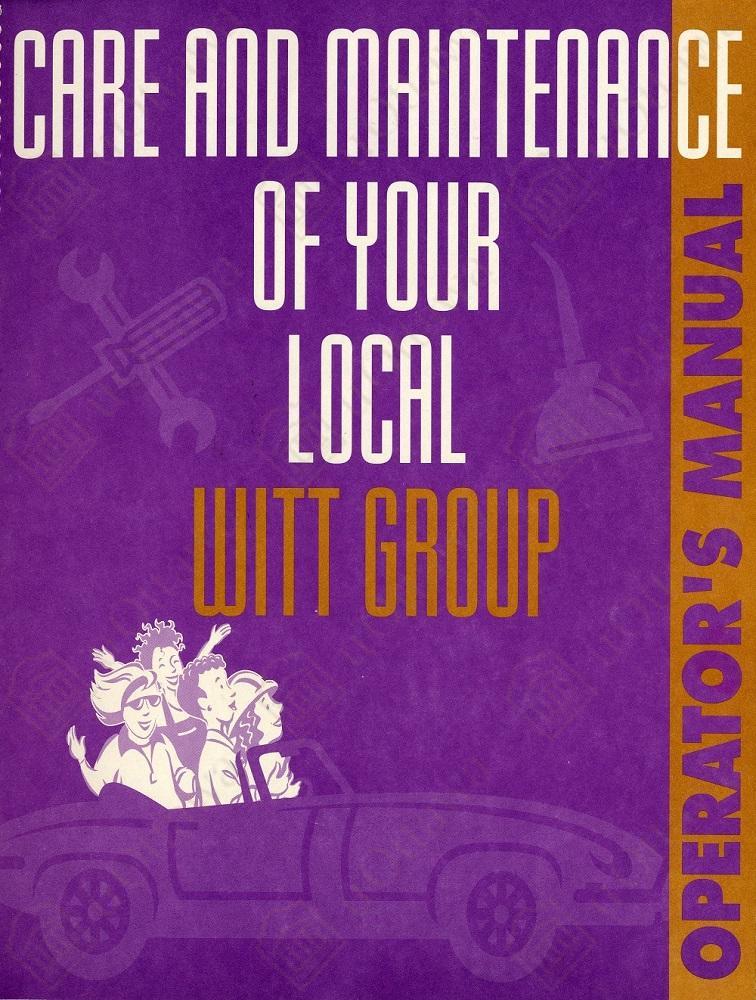
Zona do título e menção de responsabilidade
Título próprio
Designação geral do material
Título paralelo
Outra informação do título
Título(s) de declaração(ões) de responsabilidade
Notas ao título
Nível de descrição
Entidade detentora
Código de referência
Zona de edição
Declaração de edição
Declaração de responsabilidade da edição
Zona de detalhes específicos de materiais
Declaração de escala (cartográfica)
Declaração de projeção (cartográfica)
Declaração de coordenadas (cartográfica)
Declaração de escala (arquitetural)
Autoridade emissora e denominação (filatélica)
Zona de datas de criação
Data(s)
-
1995-2010 (Produção)
Zona de descrição física
Descrição física
Zona dos editores das publicações
Título da editora
Títulos paralelos das publicações do editor
Outra informação do título das publicações do editor
Declaração de responsabilidade em relação à série editora
Numeração das publicações do editor
Nota sobre as publicações do editor
Zona da descrição do arquivo
Nome do produtor
História custodial
Âmbito e conteúdo
Delivery agent and target audience: SaskWITT Regina. Usually delivered at capacity of 30 women per workshop. Continuous waitlist. Dozen of deliveries YWCA, WWTP Training Centre SIAST, Mcab Community Association, U of R continuing Education Centre.
In the mid-nineties, SaskWITT - Regina organized a series of Basic Home Repair Clinics for women in the Regina area for fundraising purposes. The funds were used to pay SaskWITT fee in the Annual Dragon Boat Races and for other social events and activities for local members. In later years, they split the proceeds and the tradeswomen shared 50% for their time. Besides the money, the Basic Home Repair Clinics provided an opportunity for WITT women to meet others, cross-train their shared trades skills and increase the profile of in the local women’s community. Each Clinic cleared over $1200, no small change in the 90’s.
They cut off enrollment at 30 women from the community and set up 16 task stations. Women would work in groups of 3 and rotate every 20 minutes (some stations were 40 or 60 minutes). A tradeswoman would provide a quick overview of the task and tool names and functions. The participants would then proceed to perform each task, asking questions as they went. Needham and Overend provided guidance on instructional skills and over time, I wrote up various guidelines for guest instructors.
Of course, delivery of the clinics had a huge spinoff effect for SaskWITT members– everyone involved bonded for a common cause. Delivering these workshops was a key component in the chemistry that held them together. The success of the clinics didn’t diminish the other very strong elements: their local Dragon Boat team and the myriad opportunities working as role models and instructors for all of the SIAST WITT programs across the province.
The Clinics were initially held on an as-needed basis depending on their need for funds. In later years, they held them twice a year for 4 years at the SaskWITT WWTP training centre. This provided some extra cash as well as reinforced learning for our apprentices. They sporadically held Clinics at the YWCA and at SIAST. In 2012 they adapted these for delivery for a local Community Association and held several clinics in their venue. Following up on publicity for this project, they agreed to run a modified version on occasional weekend for the University of Regina extension program.
A template for delivery of Basic Home Repair Clinics is included in a SaskWITT manual ''Care and Maintenance of Your Local WITT Group'' .This is a short step-by-step guide to be used by local WITT Groups for setting up a one-day basic home repair clinic for women at large. This includes all of the templates for promotion, preparation and delivery of a clinic.
Zona das notas
Condição física
Fonte imediata de aquisição
Organização
Idioma do material
- inglês
